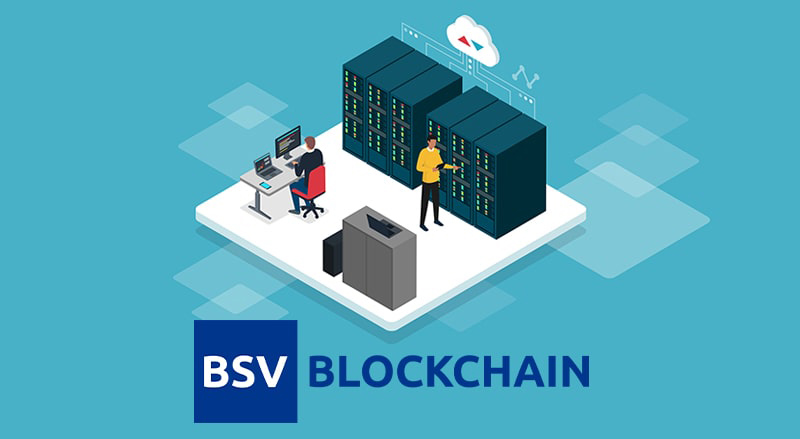In February 2022, Jimmy Nguyen, Founding President of The BSV Blockchain Association gave a compelling presentation about the value of data at the Blockchain for Saudi Vision 2030.
After the audience on a journey of recording and storing data throughout history, Jimmy delved into the problems that contemporary data management systems face and how the BSV blockchain can solve these problems before sharing some use cases of the BSV blockchain’s solutions.
We invite you to watch the presentation or read the transcript below.
Supply chain solution provider UNISOT, created a product called SeafoodChain on the BSV blockchain to cut through intermediaries. In the seafood business, their system traces halibut from the farm to a seafood distributor, directly to a sushi restaurant chain and onto your plate.
By putting that information on a public chain, people can inspect the supply chain of the fish without needing to go through each of those intermediaries.
This blockchain solution to supply chain inefficiencies can break down data silos. Instead of keeping data in different databases within one company or a separate database for each company, all the data can all be available in one place.
U.S electronic healthcare record system Synerio is creating the world’s first blockchain healthcare solution using the BSV blockchain. By doing so, it is trying to first address the opioid addiction crisis in the United States, where too many people have become addicted to pain killing drugs. Why is that happening? In part, it is because clinical data is siloed.
Your doctor’s data is stored in a different place to your pharmacy’s data. This means doctors may not know the prescription dosage you received from a different doctor or what you have filled at another pharmacy and therefore do not have the best real-time information to make medical decisions for you.
But what if we could take all that data and put it in a place that was universally accessible? That would give doctors and medical providers real-time access to your health records to improve their decision-making in the dosages they prescribe.
Data can now be made publicly accessible and verifiable. If it’s on a blockchain, you don’t have to trust what Amazon has in its internal database. Everyone can look at the same data. A company making good use of this capability is Veridat.
Veridat focuses on clinical research data – the data generated by pharmaceutical companies to test drugs. Occasionally, there are cases of outright fraud such as with Theranos, but more often, changes are made to clinical research data by researchers along the way inadvertently. These changes are not tracked or traced. But what if we could all verify changes so that drug enforcement agencies and the public both have more confidence in drug research? This is especially important now. If we published and made vaccine data accessible on a public blockchain, it could improve public confidence in the vaccines.
Traditionally, there is no native way to transmit payments with data. But with blockchain, we are creating payment layers that fuse data and money. With the BSV blockchain, the data is on a public ledger, and has a native currency, BSV, that you can use to pay for access and use of that data.
Transmira is one of the companies using this solution within the AR and VR world to power smart cities. When people engage in smart cities with their devices, they also need a way to interact with them with respect to money – to value items and buy or sell them.
That is what Transmira is doing with its system – using the BSV blockchain to tokenise assets and real estate in the virtual world and allowing you to interact with them in a monetary way.
Blockchain technology enables consumers to own and monetise data. Synerio is going to be implementing this because healthcare data, like our prescription history, is valuable.
If a drug manufacturer that is testing a COVID-19 vaccine or other drug wants access to your data, how do they get it and how do you make money from it? Synerio’s (formerly EHR Data) solution is to create a system where the drug manufacturer can pay for a purchase of data. They will create a result set using a utility for the data purchased. Each of the people in the chain – the doctor, prescriber, the pharmacy, Synerio – can then receive small payments through BSV for you as the patient saying, yes, I am willing to allow the drug manufacturer to access my data.
Unleash the value of Extreme Scale data with the BSV blockchain (eBook)
As you may have heard, blockchain technology is the next major technology leap of our lives since the Internet, but most people don’t fully understand why.
The answer lies in data and the ability for blockchain to create a better world by better optimising, managing access to and monetising it.
Our ‘Unleash the value of Extreme Scale data with the BSV blockchain’ eBook will let you discover:
- The traditional problems with data
- Blockchain’s solution to traditional problems with data
- Use cases of blockchain solutions to data problems
- Why the BSV blockchain is best to implement a blockchain solution
